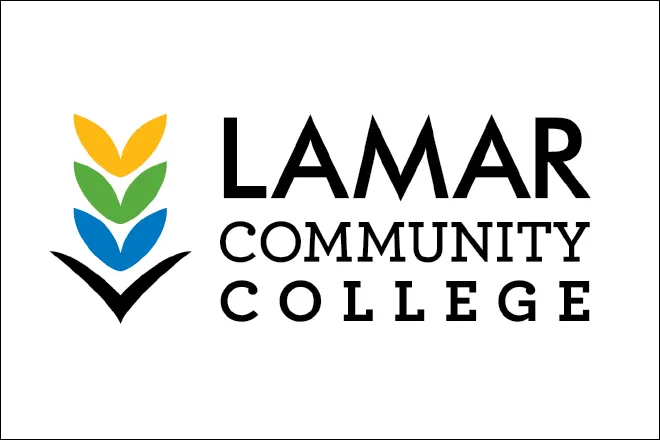
Following MSU shooting, college students reminded to seek support
(Wisconsin News Connection) This week's mass shooting at Michigan State University is the latest in a long list of such tragedies to happen on a campus, and students across the country are being reminded to take advantage of resources if they feel overwhelmed by the violence.
Monday night's shooting comes just a couple of weeks after a shooting near a university in Texas, and past high-profile shootings have happened from Virginia Tech to Northern Illinois University.
Mary Kay Battaglia, executive director of the National Alliance on Mental Illness-Wisconsin, said seeing the headlines only added to the stress many college students already carry during the academic year.
"Most people that go to college campuses are moving away from home, they're changing their friends, and sometimes, you're moving in with someone you've never met," Battaglia pointed out. "Moving to college can create a lot of anxiety and stress that you may or may not have exhibited prior."
Students must also adjust to balancing coursework. Battaglia emphasized it is important to be open to learning some coping skills if symptoms begin to surface. While each school typically has some form of mental-health outreach, there are also NAMI on Campus clubs, led by students, at various state colleges.
Battaglia noted even if you are showing more signs of stress and anxiety, it does not necessarily mean you have a mental illness.
"It means that your mental health at that time is not where it should be, or may not be where it could be," Battaglia explained. "Reaching out for help, or finding good coping skills, is something that you can get from a counseling service on your campus."
She added at least today's college students are trying to navigate issues at a time of greater mental-health awareness. According to NAMI, nearly three-quarters of mental-health conditions emerge by age 24, meaning many students are dealing with them for the first time and may not know where to turn for help.
















